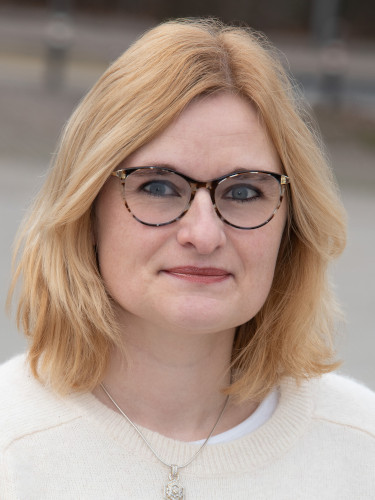If a growing need for nursing support arises in the course of a cancer illness, it should be checked whether the prerequisites for determining a degree of nursing care under the Nursing Care Insurance Act are met.
The degree of independence is the central criterion in determining the need for care. Physical, mental and psychological limitations are equally recorded and included in the assessment. For example, it is examined whether there is a specific need for help with self-care, i.e. personal hygiene, eating and drinking, or mobility in everyday life. It is also assessed whether there are restrictions on participation in social life.
There are a total of 5 degrees of care.
The benefits of long-term care insurance can be claimed as a care allowance, for example when care is provided by relatives at home, or as benefits in kind, when care is provided at home by an outpatient care service. Both benefits can also be combined.
If there is a gap in care at home due to the absence (vacation, illness) of the caregiver, this period can be bridged by a care substitute within the framework of so-called preventive care or by inpatient short-term care. The benefits of short-term and preventive care can be combined in different ways, depending on the needs of the individual case. Preventive care, however, can only be claimed if a care degree has already existed for at least 6 months.
If the person in need of care can no longer remain in his or her own home, the long-term care insurance will cover part of the costs of inpatient care in a nursing home.
If there is no need for nursing care as defined by the nursing care insurance, but treatment care (wound care, administration of medication) is required in the home environment, home nursing care can be prescribed by the attending physician. Within the scope of treatment care, temporary assistance with personal hygiene can also be prescribed if required.
Since 2015, family members providing care have, under certain circumstances, been entitled to be granted leave from work as well as nursing care aid. In cases of extended nursing care services, they may also be entitled to compensation, in the form of loans, for missing work. More information on this can be found under the category nursing care time/family care time or at the webpage www.wege-zur-pflege.de
For exact clarification of your individual support needs and your entitlement to nursing care services, please use our welfare services, as well as the services offered by your nursing care insurance or a nursing care location near you.
An overview of the services of the nursing care insurance since 1.01.2022 (Status March 2023):
| | Degree of care 1 | Degree of care 2 | Degree of care 3 | Degree of care 4 | Degree of care 5 |
| Care allowance | | 316 € | 545 € | 728 € | 901 € |
| Non-cash benefit | | 724 € | 1.363 € | 1.693 € | 2.095 € |
| Full inpatient care | 125 € | 770 € | 1.262 € | 1.775 € | 2.005 € |
| Semi-inpatient care | | 689 € | 1.298 € | 1.612 € | 1.995 € |
| Short-term care | | 1.774 € | 1.774 € | 1.774 € | 1.774 € |
| Additional care assistance | 125 € | 125 € | 125 € | 125 € | 125 € |














